Columnist Johanna Neumann with Sara Ross: Three more electric school buses coming to Amherst
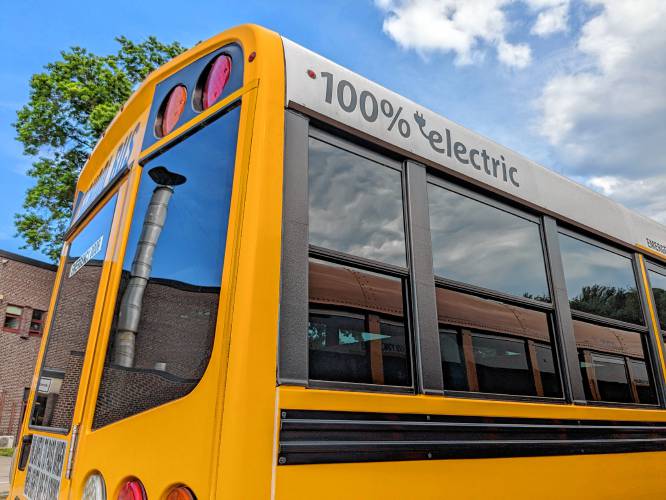
CONTRIBUTED/JOHANNA NEUMANN CONTRIBUTED/JOHANNA NEUMANN
| Published: 06-19-2024 5:15 PM |
Earlier this month, the U.S. Environmental Protection Agency announced that Amherst will add three new electric school buses to its fleet thanks to a $600,000 grant from EPA’s historic Clean School Bus Program.
The Clean School Bus Program was created by President Joe Biden’s 2021 Bipartisan Infrastructure Law to help replace polluting diesel buses with low and zero-tailpipe-emission electric school buses.
Amherst has long been a leadership community for climate action. From its designation as a Green Community in 2012, to resolving to transition to 100% renewable energy and building a net zero energy elementary school, our community is working to walk the walk to repower our lives with clean, renewable energy.
Given that history, it’s not surprising that this isn’t our town’s first rodeo with electric school buses. In 2016, Amherst was one of three Massachusetts communities, along with Concord and Cambridge, that received funding to participate in a pilot project to purchase and test electric school buses.
The results of that pilot were mixed. Kids loved riding the electric bus, but fleet managers and staff point to mixed results. As Concord Public School District’s Brian Foulds said in reflecting on the pilot program, “Being first isn’t easy. But the good thing about it is that we worked through all the problems for the next school district. The purpose of the pilot is to learn and do better.”
Thankfully, hiccups in the pilot program didn’t dissuade Amherst from working to protect student health and reduce global warming pollution by electrifying its school buses. In fact, in addition to the three buses that the district will get through this grant, it has another electric bus on order, after receiving a grant in 2022 through another EPA program called the Diesel Emissions Reduction Act.
We are proud that Amherst has been and continues to be an early adopter of clean energy solutions. After all, changing how we produce and consume energy is a monumental task, and there are going to be bumps along the road. The important thing is that we keep our eyes on the prize — reducing the pollution that makes our kids sick and dangerously warms our planet — and find ways to keep making progress, even in the face of setbacks.
Article continues after...
Yesterday's Most Read Articles
 Nearly all of South Hadley High’s student body holds ‘walkout to walk-in’ rally to oppose cuts, call for funding reform
Nearly all of South Hadley High’s student body holds ‘walkout to walk-in’ rally to oppose cuts, call for funding reform
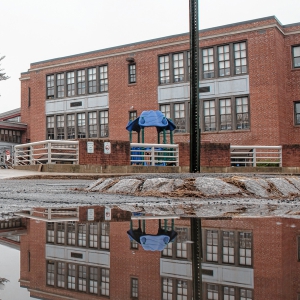 Northampton schools probe staff response to student’s unfulfilled IEP
Northampton schools probe staff response to student’s unfulfilled IEP
 UMass basketball: Minutemen land Florida Tech transfer Donovan Brown
UMass basketball: Minutemen land Florida Tech transfer Donovan Brown
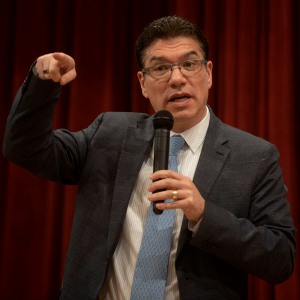 UMass Chancellor Reyes outlines changes amid financial uncertainty under Trump administration
UMass Chancellor Reyes outlines changes amid financial uncertainty under Trump administration
 Northampton Housing Authority boss placed on leave
Northampton Housing Authority boss placed on leave
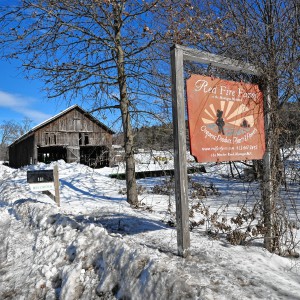 Four Red Fire Farm workers arrested as part of ICE operation in Springfield
Four Red Fire Farm workers arrested as part of ICE operation in Springfield
The benefits of electric school buses, to Amherst and the nation as a whole, could be significant.
School buses are the largest form of public transportation in the United States. Every school day, nearly half a million school buses carry up to half of America’s children to school and back.
While switching from diesel buses to electric options has the potential to improve children’s health and reduce air and noise pollution, currently, fewer than 1% of the nation’s school buses are powered by electricity. The experiences of early adopters, especially in cold climates like Amherst’s, are critical to charting a path to electrifying our school bus fleet nationwide.
The transition from fossil fuels to clean electricity is of course also on the to-do list for our buildings. And just like with buses, the vast majority of Amherst’s and America’s school buildings burn fossil fuels. And here again, Amherst is forging ahead with a new all-electric, net-zero elementary school. The new school building will use heat pumps to heat and cool the building and the solar on the roof will generate the electricity they use.
These smart investments in electric buses and buildings leverage federal incentives from the Inflation Reduction Act defraying the costs for local taxpayers.
These are also investments that build our resilience as a community. As the current heat wave reminds us, extreme weather is on the rise. Electric school buses can be part of the solution since they can provide backup power when the power grid is stressed. And all-electric buildings with heat pumps, like the one we are building, help us safeguard our students and vulnerable community members when temperatures soar.
Ask the students taking final exams at ARHS this week what cooling would have meant for their ability to do their best.
Change is never easy, but the move to vehicles and buildings that run on clean electricity is the work of our generation. We’re excited that we’re advancing toward a future where all students in Amherst see our commitment to climate action reflected in the buses and buildings that silently but surely shape their experiences.
Johanna Neumann of Amherst has spent the past two decades working to protect our air, water and open spaces, defend consumers in the marketplace and advance a more sustainable economy and democratic society. Sara Ross is a graduate of Amherst Public Schools and a co-founder of UndauntedK12, a national nonprofit supporting schools to respond to climate change.






 E. Lary Grossman: Vote to remove housing authority board member ‘foolish’
E. Lary Grossman: Vote to remove housing authority board member ‘foolish’ Columnist J.M. Sorrell: The official language
Columnist J.M. Sorrell: The official language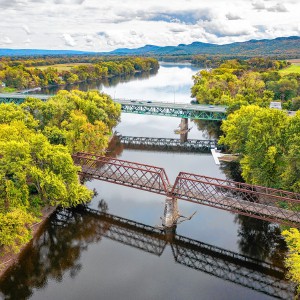 Guest columnist Kristin DeBoer: Let’s stand together for the valley you love
Guest columnist Kristin DeBoer: Let’s stand together for the valley you love George W. Kriebel Jr.: Cruelty in the name of efficiency
George W. Kriebel Jr.: Cruelty in the name of efficiency
